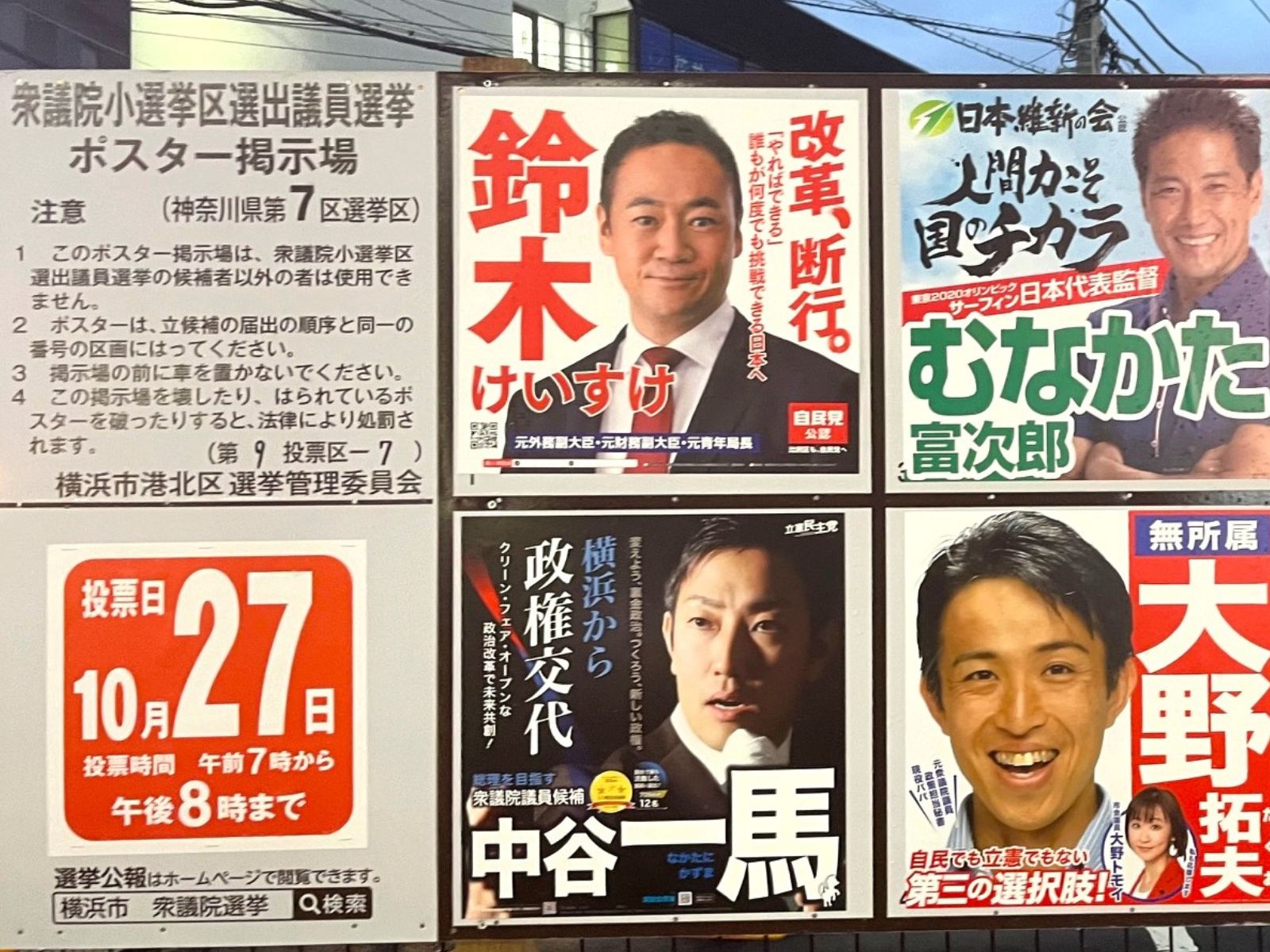
This year, numerous countries, including Japan, are experiencing changes in leadership. Japan and the United Kingdom share similarities in their government structure since both follow parliamentary systems of government. There is a difference in Japan’s constitutional structure especially regarding the symbolic role of the Japanese Emperor versus the British monarch and the distinct powers held by each country’s upper house. In both Japan and the U.K., the Prime Minister acts as the head of government and is typically the leader of the majority party in the lower house.
The Liberal Democratic Party (LDP) has been Japan’s dominant political force since 2012, when Shinzo Abe, head of the LDP, assumed the role of Prime Minister. Historically, the Liberal Democratic Party (LDP) has maintained a firm hold on power in Japan, governing almost continuously. From 1955 to 1993, the LDP won every election, holding uninterrupted control of the government for thirty-eight years.
Yoshihiko Noda, a member of the Constitutional Democratic Party of Japan (CDP), served as Prime Minister from September 2011 to December 2012. He was the last CDP leader to hold the position before the LDP regained power again. In the 2012 election, Noda was succeeded by Shinzo Abe following the LDP’s victory. Noda’s loss was driven by a combination of the CDP’s declining popularity, controversial policies, and the political resurgence of the LDP under Abe’s leadership. However, Noda is reviving his political ambitions as he was recently elected president of the CDP.
Fast Forward to 2024
After many years as the ruling party, the LDP is now plagued by various political scandals, including allegations of corruption, favoritism, and most notably the misuse of campaign funds. Most recently several LDP lawmakers were found to have misappropriated money during fundraising events, and this was the last straw, and public sentiment has turned drastically against the party. As dissatisfaction reached its peak, Prime Minister Fumio Kishida resigned, which then led to an election within the LDP, and the party choose a new PM. Quite a few of Kishida’s ministers vied for the office but Shigeru Ishiba won the vote from party members.
Shigeru Ishiba ran for the prime minister post several times before his most appointment. One of his weak points is that he does not have the backing from the LDP’s dominant factions, and this has made it difficult for him to rise to the party’s top leadership. However, he is a popular figure among the public and rural party members.
Just twelve days into office, Prime Minister Ishiba dissolved the lower house of Parliament, calling for an election to secure public support for himself and his new cabinet. The election resulted in the Liberal Democratic Party (LDP) losing its majority. According to The Japan Times, “a special session of the Diet will be convened in mid-November for a ballot to elect the prime minister. Lower House rules stipulate that if no candidate secures a majority, a runoff will take place between the top two candidates—most likely Ishiba and Yoshihiko Noda from the CDP.” Overall, the government is still in a state of flux until the top leadership position is firmly secured.

Issues at Stake in Japan for Foreign Residents
During the recent lower house election, candidates engaged with voters and delivered speeches addressing Japan’s most pressing issues. They presented proposals to combat inflation, the high cost of living, stagnant wage growth, weak consumer demand, economic growth barriers, and population decline. Japanese citizens interviewed echoed these concerns, emphasizing that inflation and insufficient wage growth are among the issues affecting them most.
Interestingly, these issues also impact foreign residents in Japan. For foreign residents to thrive and build successful lives, a strong economy with ample job opportunities and stable, livable wages is essential. As active members of Japanese society, foreign residents value access to essential services such as good healthcare and education for their children. However, one key difference is that for foreign residents the right to live and work in Japan is not always guaranteed, making immigration policies an especially important topic for them. However, amid the current government’s focus on internal power struggles, less urgent topics, like immigration policy, tend to take a back seat.
Japan’s economy and the strength of its currency impact both Japanese citizens and foreign residents alike. While most Japanese citizens may not be directly involved in foreign exchange activity, the weakening yen drives up the cost of imported goods, making everyday items like cheese, olive oil and other goods significantly more expensive. For foreign residents, a weak yen has a dual impact: it erodes their earnings compared to peers back home and raises the cost of living within Japan. Additionally, when sending money to family abroad, foreign residents find the value of their remittances diminished.
Campaigning Japanese Style
In Japan’s most recent lower house election, the official campaign period lasted for only twelve days. This short campaign period is typical in Japan, where election laws strictly regulate the duration and methods of campaigning. Candidates often begin unofficial preparations earlier, but the formal campaigning which includes public speeches, media appearances, and election rallies is limited to a brief period. A short election can benefit the incumbents since the new parties don’t have much time to promote themselves and gain momentum to strongly challenge the existing administration.
In Japan, candidates are commonly seen driving around in vans outfitted with loudspeakers, broadcasting their messages to anyone within earshot. Often, they and members of their party lean out of the windows, waving to pedestrians as they pass by. Small street gatherings are also popular campaign strategies, though these usually attract only modest crowds. Japan’s election rules are notably restrictive compared to many other countries: candidates cannot go door-to-door, spending on national election campaigns is limited, and posters can only be displayed in designated areas and must stay within a regulated size. Unlike in other countries, where canvassing neighborhoods and publicly criticizing opponents is common, Japanese campaigns are far more reserved.
Expect More Change in Japanese Politics
Whether Prime Minister Ishiba will remain in office after the mid-November showdown is yet to be seen. However, for foreign residents aspiring to build a long-term life in Japan, economic stability and robust economic growth are key allies in turning this dream into a reality.













